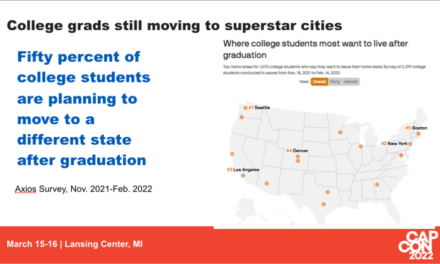A little over a year ago, United States Supreme Court Justice Antonin Scalia spoke at the oldest Sephardic synagogue in New York City, Shearith Israel. He noted that in Europe, religion-neutral leaders almost never used the word “God” publicly. And then, as a panel member of a forum on matters of government and religion, he asked, “Did it turn out that by reason of the separation of church and state, the Jews were safer in Europe than they were in the United States of America? I don’t think so.”
Scalia told his audience that the presence of the word “God” on U.S. currency, the use of chaplains in the military and legislature, the real estate exemption for houses of worship, and the phrase “under God” in the Pledge of Allegiance, all mean that our government is not “neutral” on religion. And then he added, “None of this is compatible with what we say when we express the so-called principle of ‘neutrality.’”
Contrary to the Justice’s claim, Europe does not inherit a history of church-state separation. Perhaps Justice Scalia forgot about the medieval domination of European politics by the Church and its dire consequences for “non-believers,” as evidenced by the Crusades, the Inquisition, and pogroms led by the “faithful followers” of Christian doctrine.
Surely, Scalia could not have forgotten that even Adolf Hitler himself invoked God on numerous occasions and firmly believed that his murder of Jews was required by God, as he stated directly in Mein Kampf, “…I am acting in accordance with the will of the Almighty Creator: by defending myself against the Jew, I am fighting for the work of the Lord.” The belt buckles of the German Army were inscribed with the words, “Gott mit uns” (“God is with us”). On July 14, 1933, Hitler merged the Protestant church into the Reich and gave the Reich the legal authority to ordain priests. So much for the separation of church and state in Europe!
Justice Scalia is correct that Jews were safer in America than in Europe, but not because Europe had secular governments and the United States had a religious one. Jews flourish here because the United States has a secular government that protects the rights of all people to practice their own religion, or not practice one at all.
Perhaps the most definitive statement on church-state separation in America was President James Madison’s letter to Edward Livingston in 1822 in which he wrote, “I have no doubt that every new example will succeed, as every past one has done, in showing that religion and government both exist in greater purity the less they are mixed together.”
Madison had earlier vetoed a bill that authorized government payments to a church in Washington, D.C. to help the poor. Caring for the poor, according to Madison, was a public and civic duty – a function of government – and must not be allowed to become a hole through which religious institutions could reach and seize political power. Funding a church, he argued, would break down the wall the founders had put between church and state to protect Americans from religious zealots gaining political power. So much for current “faith-based initiatives!”
The ongoing campaign to get government funding for religion may bring a sparkle to Justice Scalia’s eyes. In the eyes of Madison and the founding fathers, however, there must be a tear. The issue isn’t whether religious values inform our currency or our lives. The issue is that when government mixes with religion, both suffer.
Faithfully yours,
Rabbi Micah D. Greenstein



